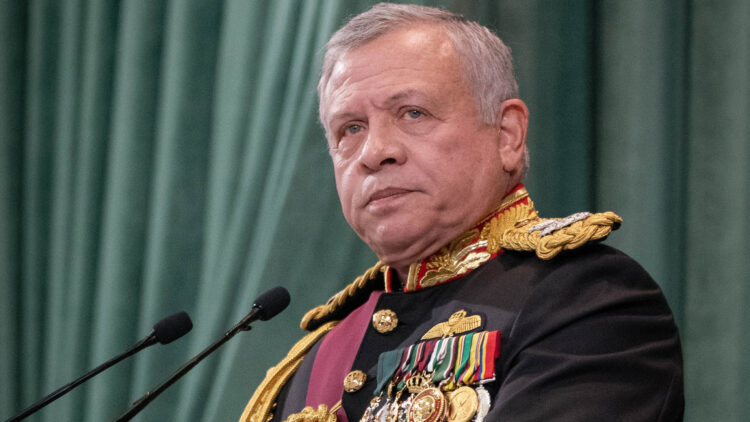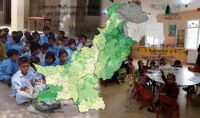The Jordanian Royal Hashemite Court announced that King Abdullah II and Dutch Prime Minister Mark Rutte engaged in a call on Friday to address the deteriorating situation in Gaza. During their conversation, the King emphasized the importance of preventing the displacement of Palestinians and stressed the need to avert a further worsening of the humanitarian crisis and escalating violence. Both leaders underscored the significance of intensified efforts to de-escalate the conflict, safeguard civilian lives, uphold international humanitarian law, and establish humanitarian corridors for the unobstructed delivery of medical and relief aid.
In the backdrop of these discussions, it’s essential to note that Israel’s military had issued a warning to 1.1 million people residing in northern Gaza on Thursday, urging them to evacuate their homes. This warning suggested that Israel was preparing for an intensified retaliatory operation against Hamas following their attacks on October 7. Gaza is already one of the most densely populated areas globally, with over 2 million inhabitants confined to 140 square miles. The directive to move the entire population to the southern part of the strip was considered unfeasible by the United Nations.
In the latest development, the United States is actively pressuring Egypt and Israel to allow foreign nationals, including American citizens, to exit Gaza through the Rafah border crossing. This effort aims to provide a humanitarian corridor for the safe departure of civilians in anticipation of an Israeli military intervention.
Furthermore, Turkish President Recep Tayyip Erdogan strongly criticized the cutting off of essential supplies, including electricity, water, fuel, and food, to the 2 million people in Gaza. Erdogan deemed this action as a grave violation of fundamental human rights and stressed that such collective punishment would exacerbate the crisis and suffering. He reported that a humanitarian aid plane carrying medical supplies, food, and other necessities had landed in Egypt and called on Israel to allow the delivery of aid through the Rafah Border Crossing.
Amid these developments, there have been reports of ongoing exchanges of fire at the Lebanese-Israeli border. A CNN team on the ground observed projectiles fired in both directions, with an exchange of fire taking place in the border region between Alma al-Shaab and Dhahira in Lebanon, accompanied by Israeli shelling.
Additionally, it’s worth noting how Hamas managed to amass the weaponry necessary for its recent attacks on Israel. Experts attribute this to various factors, including smuggling and military support from Iran. The indigenous production of weapons within Gaza, including rockets, mortars, and firearms, was also highlighted, often using recycled materials from previous conflicts.
Finally, the Israeli military responded to an explosion at a security fence near the Lebanese-Israeli border by initiating artillery fire into Lebanese territory. Israeli forces were placed on high alert to guard against potential terrorist infiltration into Israeli communities. There are rising concerns about Hezbollah, a Shia militant group based in Lebanon, potentially entering the conflict, leading to a second front in the ongoing hostilities. The Israeli Defense Forces had reinforced its northern border with Lebanon in anticipation of such a scenario.






